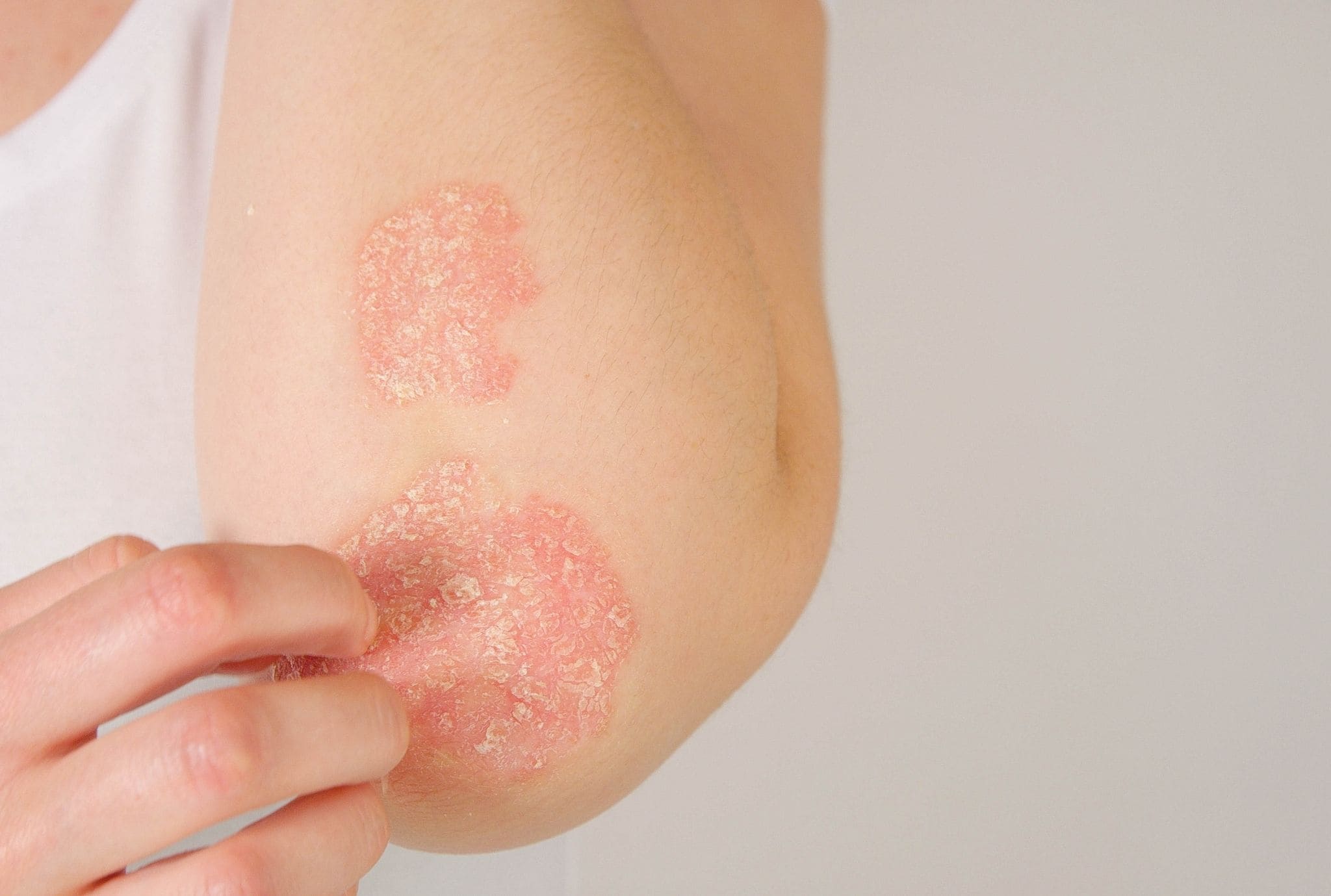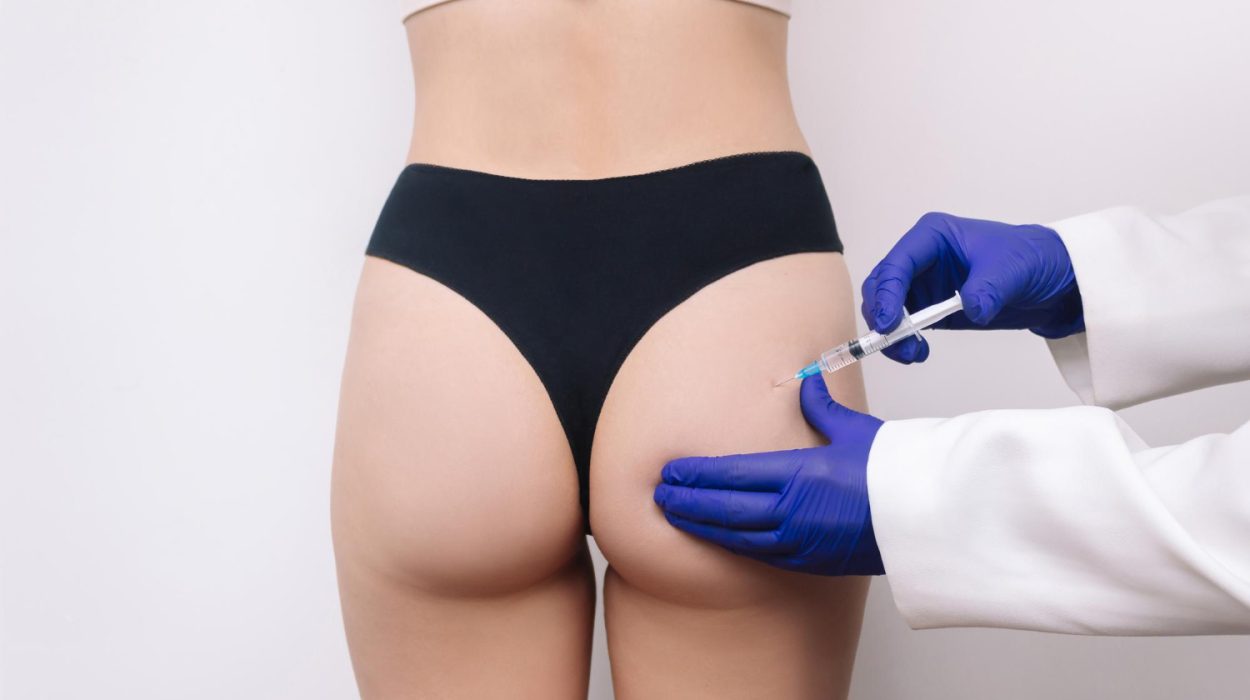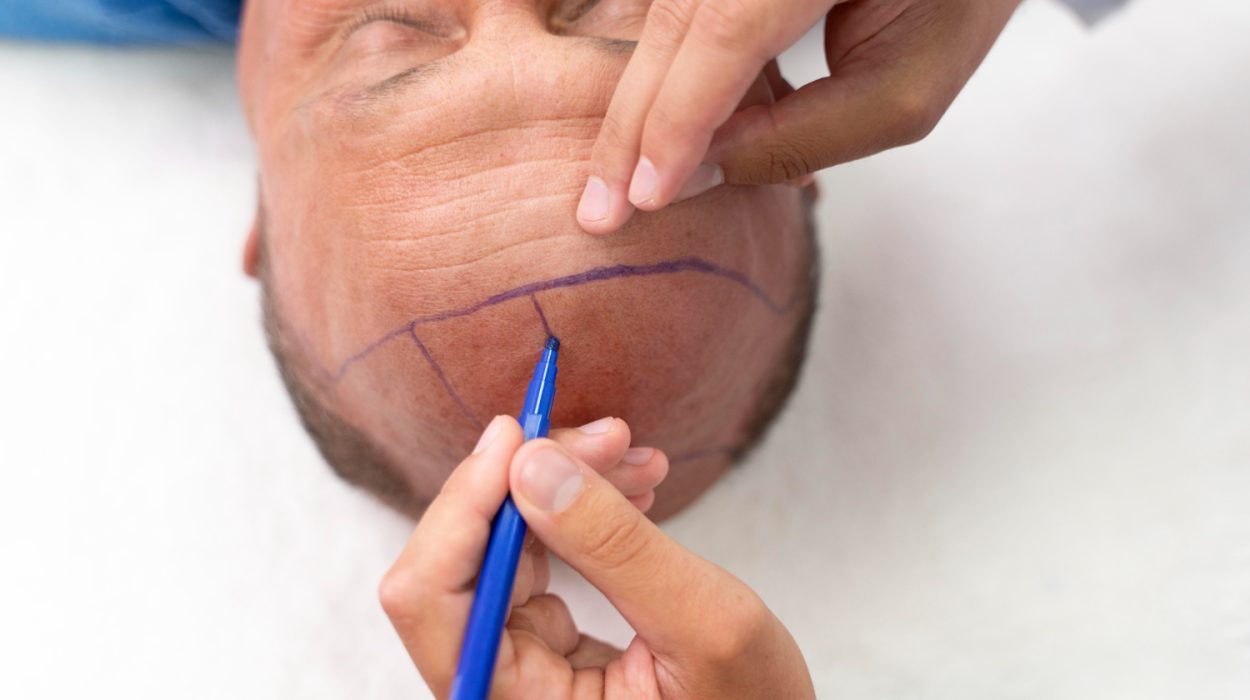best aesthetic clinics in Dubai
Ever experienced itchy, scaly skin, or know someone who does? It may be eczema or psoriasis– two of the most common chronic skin conditions characterised by itching and discomfort. Since both these conditions share some similarities, it often leads to confusion at the time of diagnosis.
Let’s learn more about the differences between eczema and psoriasis, their symptoms, causes, and more in this blog!

What are Eczema & Psoriasis?
Psoriasis and eczema are both chronic dermatological conditions that can cause discomfort and affect your quality of life. While they may share some symptoms, they have distinct characteristics.
A type of atopic dermatitis, eczema is a common skin condition that often starts in childhood. It is characterised by red, itchy rashes that can appear on various parts of the body, including the face, arms, and legs. Eczema is typically triggered by allergens or irritants and can worsen with stress.
This chronic autoimmune disease primarily affects the skin and is characterised by the rapid overproduction of skin cells, leading to the formation of scaly plaques. Psoriasis can occur on the scalp, elbows, knees, and other areas of the body. Unlike eczema, psoriasis is not triggered by allergens but has a genetic component.
Key Differences: Eczema & Psoriasis
Evaluating signs and symptoms and determining the causes of eczema and psoriasis enables dermatologists to develop effective treatment plans that improve the individual’s quality of life.
Symptoms
Eczema and psoriasis, though distinct skin conditions, show similar symptoms, often making it difficult to differentiate between them.
Symptoms of Eczema
- Red, inflamed skin
- Intense itching
- Dry, scaly patches
- Cracked or weeping skin
- Swelling and sensitivity
Symptoms of psoriasis
- Thick, raised, and scaly plaques
- Silvery scales on the skin
- Redness and inflammation
- Itching or burning sensation
- Nail changes (pitting or thickening)
Underlying Causes
The causes of eczema and psoriasis are unknown, but both conditions are believed to result from a combination of genetic and environmental factors.
People with eczema tend to have an overly reactive immune system that, when triggered by substances inside or outside the body, responds with inflammation. Some studies suggest that this inflammatory nature may be linked to a mutation (abnormal genetic change) in the filaggrin genes, which play an essential role in the skin barrier.
Stress is also a common trigger of eczema and psoriasis symptoms.
How are Eczema & Psoriasis Treated?
There is no cure for eczema or psoriasis. Treatment for these conditions aims to provide symptomatic relief and reduce the risk of flare-ups.
Symptomatic management of these conditions includes the following.
Eczema treatment
- Moisturisers: Keeping the skin adequately hydrated is a fundamental step in managing eczema. Regular use helps prevent dryness and itching.
- Topical Corticosteroids: These medications help reduce inflammation and relieve itching.
- Antihistamines: OTC or prescription antihistamines can help alleviate the itchiness associated with eczema, improving comfort.
- Immunomodulators: In severe cases of eczema, immunomodulatory medications may be recommended. These drugs work to modify the immune response that triggers eczema symptoms.
Psoriasis treatment
- Topical Treatments: Dermatologists prescribe topical treatments like corticosteroids and vitamin D analogues to help manage the symptoms of psoriasis. These medications help reduce inflammation and slow the excessive growth of skin cells, a characteristic of psoriasis.
- Phototherapy: In phototherapy, patients are exposed to controlled amounts of UV light, which can help slow skin cell turnover and reduce psoriasis symptoms.
- Systemic medications: In severe cases of psoriasis, dermatologists may prescribe systemic medications that are taken by mouth or injected. These medications work to suppress the immune response that drives psoriasis.
- Biologic drugs: These medications target specific components of the immune system responsible for psoriasis. They have shown remarkable effectiveness in managing severe psoriasis.
Eczema or Psoriasis: A brief comparison
To effectively manage these chronic skin conditions, it’s essential to distinguish between eczema and psoriasis.
- Occurrence: While anyone can develop eczema or psoriasis at any age, eczema is more likely to develop in childhood, whereas psoriasis usually develops in adults. Eczema is also more common than psoriasis.
- Unique symptoms: Eczema typically manifests as red, itchy rashes, whereas psoriasis presents with thick, scaly plaques.
- Type of disease: Eczema has a genetic predisposition and may be triggered by allergens and irritants. Psoriasis is an autoimmune disease that may result from the involvement of both genetic and immune factors.
- Location of occurrence: While eczema and psoriasis can occur anywhere on the body, psoriasis is most common on the elbows and knees. Eczema is more common on the face and neck compared to psoriasis.
- Treatment: The most common treatment options for eczema include the application of moisturisers, topical steroids, antihistamines, or immunomodulating drugs. People with psoriasis may benefit from phototherapy, topical medications and biologic drugs.
Wrapping it Up!
Eczema and psoriasis are two common but distinct dermatological conditions. Though both these skin conditions appear similar, managing them requires different strategies.
- Eczema and psoriasis are chronic dermatological conditions that require proper management.
- Symptoms, causes, and triggers differ between the two conditions.
- Treatment options are available for both eczema and psoriasis.
- Living with these conditions may require lifestyle adjustments and emotional support.
- Understanding the differences between eczema and psoriasis is the first step towards effective management and improved quality of life for those affected by these skin conditions.
If you or someone you know is dealing with either of these conditions, seeking medical advice and following a tailored treatment plan is essential for maintaining healthy skin.
Frequently Asked Questions
Eczema patches are dry, leathery, and red, and are more common in skin creases and folds, such as the inner elbows and the backs of the knees.
Psoriasis is characterised by thick, raised red and white scaly patches. The patches also have well-defined borders.
Both eczema and psoriasis are itchy skin conditions. However, eczema causes an intense itch, whereas psoriasis causes a burning or stinging sensation or mild irritation.
Though relatively uncommon, some people may have both eczema and psoriasis.
No, eczema cannot turn into psoriasis or vice versa.
Pollen, dust mites, pet dander, and mould are common triggers of eczema flare-ups.
Real Stories, Real Results: Patient Testimonials at Hortman Clinics
Salmon DNA
Laser Tattoo Removal
Ultraclear
Wrapping it Up!
At Hortman Clinics, we don’t just offer treatments but a lifestyle upgrade. Our goal is not to change who you are but to enhance your natural beauty, restore your confidence, and elevate your quality of life. Schedule your private consultation today and begin your transformation with Hortman Clinics. Book now!
HORTMAN CLINICS NEWS
Related News
We are here for you. Always.
Everything we do is tailored to your needs, this is why we take our time to take care of you and answer all your questions.
Memberships
Become a Member - Aesthetic Membership Packages & Weight loss Training Program
Subscribe for Exclusive Aesthetic Tips & Offers!





